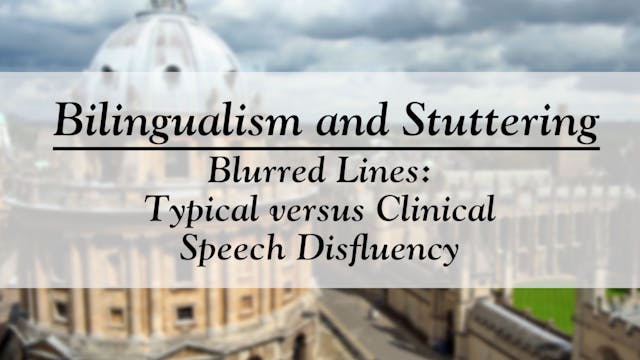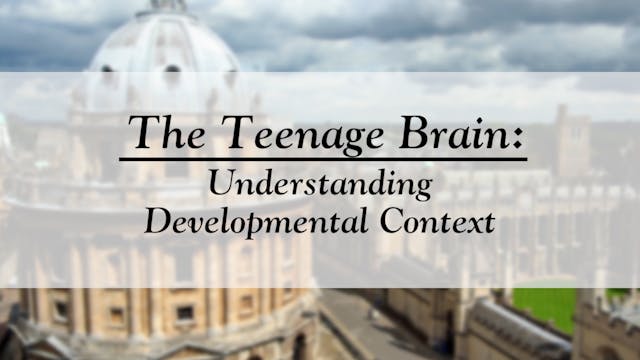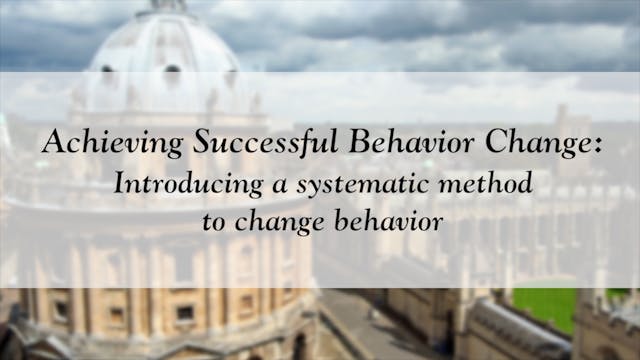The Role of Attention in Therapy for Stuttering
11th Oxford Dysfluency Conference Package ($60)
•
1h 2m
Presenter, Jane Harley writes, "My interest in the process of attention in stuttering therapy stems initially from a background in CBT and the information-processing theory and models which underpin CBT. These theoretical models propose that biases in what individuals attend to contribute to the mechanisms involved in uncomfortable human emotions such as anxiety. Our understanding of the nature and influence of attentional biases involved in social anxiety, emotional regulation, resilience and stuttering, is developing.
The use of CBT in stuttering therapy is now main-stream. More recently, '3rd generation' or mindfulness-based approaches have developed within CBT and been applied in stuttering therapy. These approaches are also concerned with how information is attended to, based on the potential value of observing internal and external information that arises from a perspective of curiosity and acceptance. Attention processes are implicitly if not explicitly involved in other psychological approaches used in therapy for stuttering, such as Solution Focused Brief Therapy. Attention processes also impact in various ways in traditional fluency therapy and are involved in all interpersonal dynamics within therapy.
My intention in this presentation is to explore selected aspects of the role played by attention within stuttering therapy. I will draw from theory and research from the fields of information-processing, mindfulness-based approaches and emotion-regulation, as well as clinical and qualitative accounts of the experience of stuttering."
Up Next in 11th Oxford Dysfluency Conference Package ($60)
-
Bilingualism and Stuttering: Typical ...
Dr. Courtney Byrd writes," Speech disfluencies provide valuable insight into the linguistic and motoric effort required for spoken communication. Expressions such as “second language fluency” and “word fluency” tasks reflect this concept. The types and frequencies of speech disfluencies children ...
-
The Teenage Brain: Understanding Deve...
Dr. Catherine Sebastian writes, "Adolescence is a key developmental window characterised by profound changes in cognitive, social and emotion skills. While the majority of young people negotiate the pressures of adolescence well, this stage of life is nonetheless characterised by an increase in r...
-
Achieving Successful Behavior Change
Dr. Carmen Lefevre writes," Gaining a clear understanding of a behaviour as well as its drivers and barriers is pivotal for successfully changing it. In the context of dysfluency, there are likely many different factors that influence the target behaviour (e.g. ‘speaking fluently’) and that need ...


